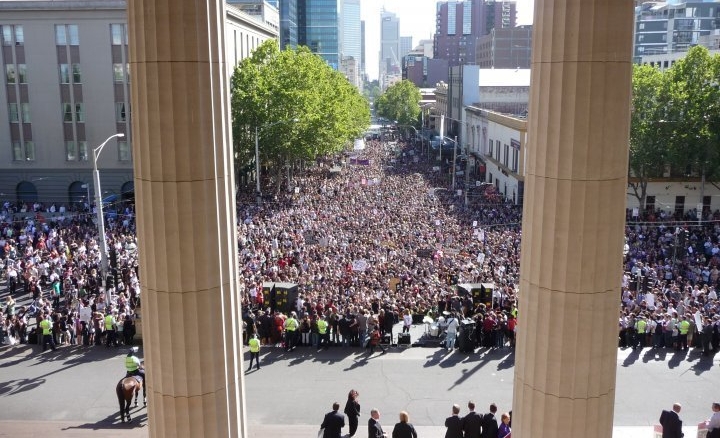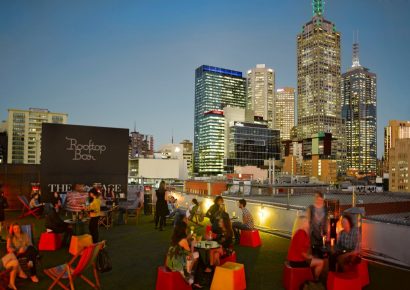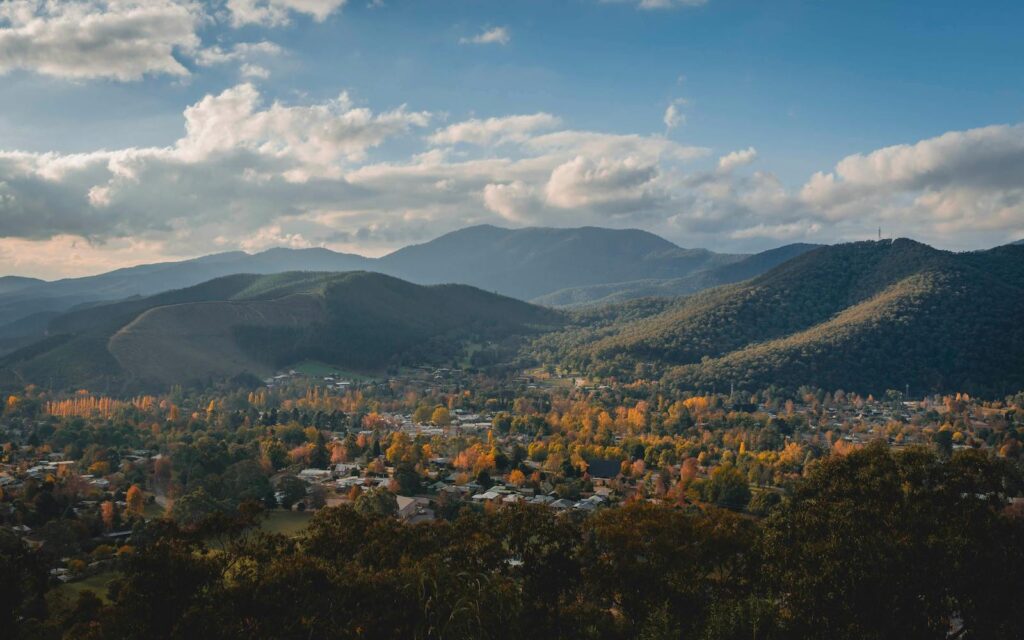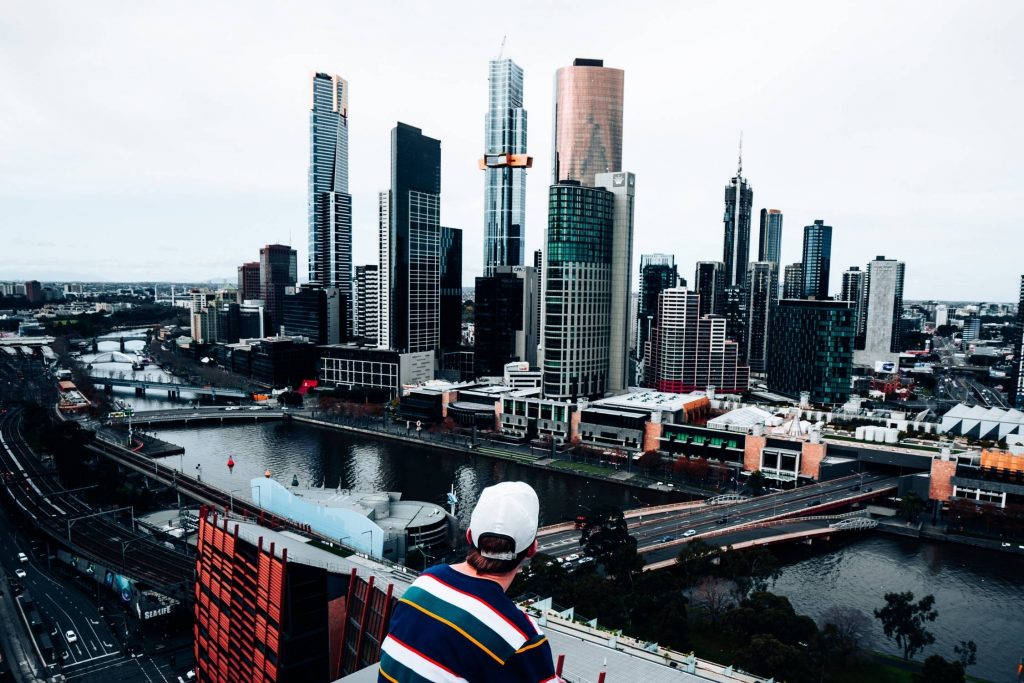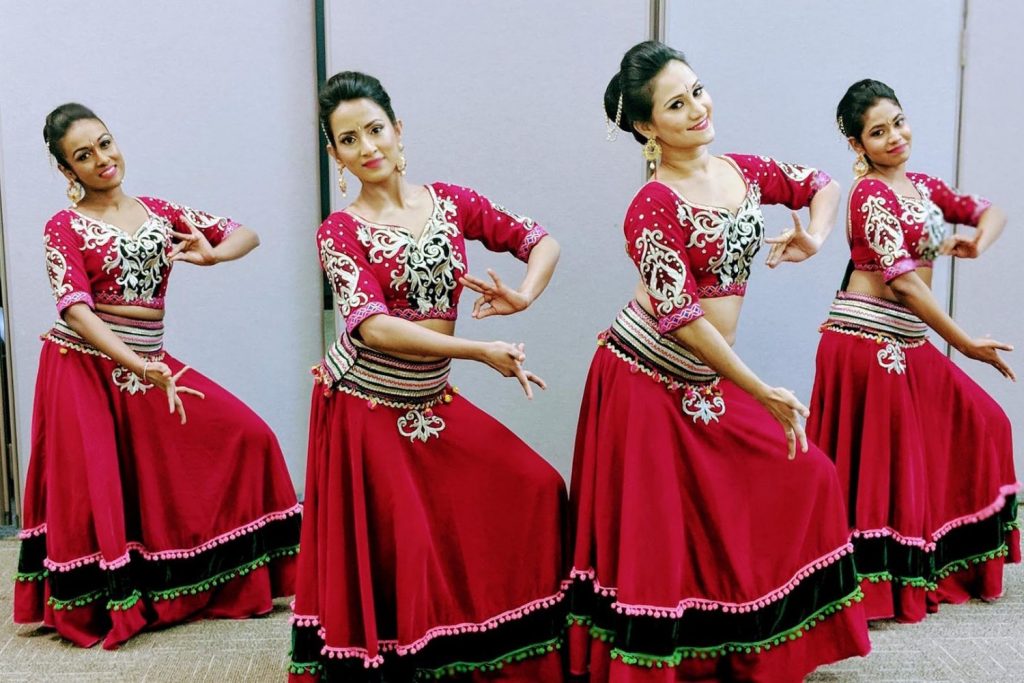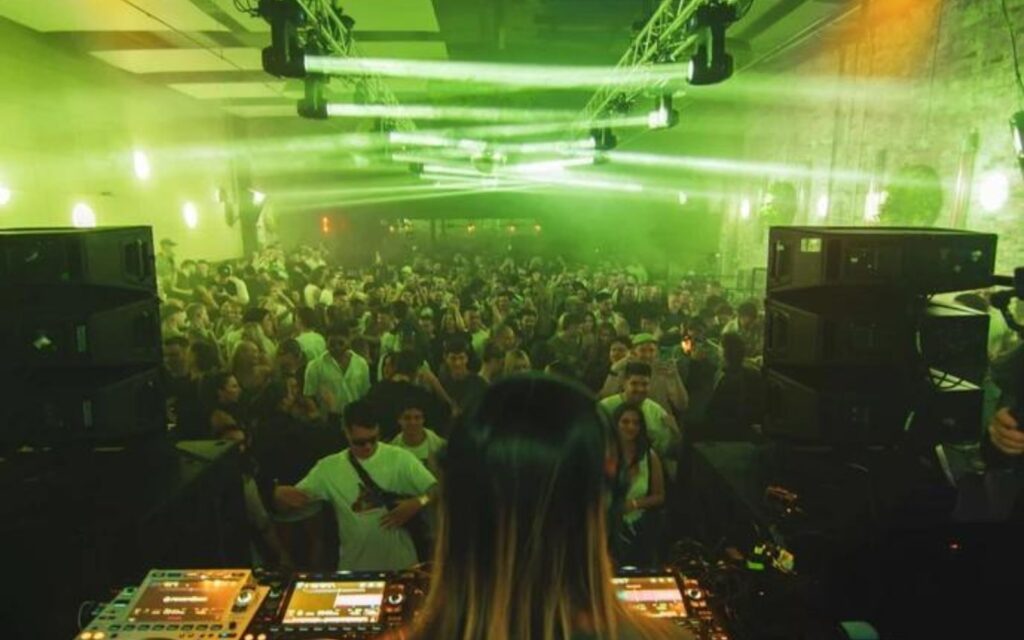With the Victorian state election going down tomorrow, it’s important to know not only who you’re voting for but exactly what they want for the state. Even though you might roll your eyes at the thought of politics, the policies of those elected will affect you.
If you aren’t sure who to vote for and can’t be bothered poring through hundreds of pages of party policies, we’ve collated the need-to-know details about what some of the major and minor parties want for Victoria. Be sure to read up, reflect and remember to vote tomorrow.
Hoping to be re-elected for a second term, Labor’s policies revolve around jobs, education, health and human services and transport.
Labor are looking to diversify the arts and creativity scene by offering a greater diversity of cultural events in rural and regional areas. They believe this will give more opportunities to Indigenous Victorians, people of colour and people with disabilities.
On the public transport front, Labor believe in creating a public transport system that’s easily accessible to people with disabilities and the elderly. The party are after independent expert advice on how the public transport system can be improved, and want to introduce their own incentives towards bettering train stations. They also want to increase walking, cycling and bus connections, car parking, toilets and information systems at train stations.
Labor also want to diversify the sport sector in Victoria by supporting women, Aboriginal Victorians and LGBTIQ+ people, as well as providing flexible participation options for people with disabilities and disengaged youth. The party also propose introducing gender-inclusive education programs for players, coaches, managers and promoters at all levels.
See Labor’s full policy book here.
The Victorian Liberal Party’s policies focus on a different set of issues, including developing more vibrant cities and regions, tackling crime, creating a smarter and healthier state and improving the cost of living.
The Coalition’s approach to public transport focuses specifically on extending the Frankston line to Baxter, growing the Cranbourne line to Clyde and spending over $300 million dollars to duplicate the Hurstbridge line to Eltham. For motorists, the Liberals propose building the biggest superhighway in Australia by developing both an East-West Link and a North-East Link, each commencing around 2020-21 and finishing up by roughly 2026-27.
The state opposition also aim to scrap the Victorian Renewable Energy Target of 40% renewables by 2040, claiming the target is unrealistic. Instead of going full speed ahead with renewable energy, the party believe an energy mix of coal, gas and renewables is of more importance.
On the arts front, the party want to establish a Community Arts Event and Festival Promotion Fund to give a helping hand to small, community-led festivals and arts events.
Check out the Liberals’ policy webpage here.
The Greens’s key policies include transforming public transport, protecting forests, powering Victoria with 100% renewable energy and justice for Indigenous Victorians.
The Greens’ Transform Transport plan proposes extending Melbourne Metro to western and south-eastern suburbs and upgrading the South Kensington and Caulfield train stations. The party also want to get to work on the Melbourne Metro 2 rail project now, which will create a new underground line from Clifton Hill to Newport and provide new stations in neighbourhoods with no rail access. The transport plan proposes all tram routes are upgraded within the next decade and that trams and trains have wait times no longer than ten minutes.
In terms of health, The Greens want to reverse cuts to community mental health and invest an additional $270 million across the next four years to mental health resources. They propose a funding increase to community dental health services and plan to build Healing Places across Victoria for the 38 Aboriginal nations to come together and heal from the trauma of the Stolen Generation and colonisation.
Recognising the futile efforts of Australia’s war on drugs, The Greens plan to decriminalise cannabis, promote pill testing, and continue the safe injecting facility in Richmond.
Read the Greens’ policy book here.
The key policy areas for the Reason Party are mental health, drug reform, sex and censorship.
Reason’s approach to increasing accessibility in Victoria is to improve safe walking and cycling paths, invest in bike routes and provide bike racks on public transport. Additionally, the party look to improve train frequency, introduce new express services, connect trams to trains, set up new bus routes, provide free WiFi on all public transport and support high-speed regional transport services.
Reason has pointed out the benefits of music for human development and want to provide all primary school students with basic music education. The party believe the government should have a Minister for Fashion to promote the role of fashion in the Victorian economy, and provide learning and travel scholarships for emerging artists.
The party also hope to reduce waiting times for mental health services, provide these services to the homeless and increase training for health professionals to identify and support mental illness.
Check out Reason’s policy webpage here.
How to vote
It is worth looking beyond just your preferred party, because there are two ways to vote for the upper house of the Victorian Parliament. On the larger piece of paper you’ll receive, you can elect to vote above the line and simply mark your ballot paper with a [1] in the box assigned to your preferred party. This means the number one party of your choice will choose the rest of your preferences and ultimately influence who is elected.
You may also choose to vote below the line, in which case you can mark a minimum of five boxes in order of preference. This is called optional preferential voting and it gives you more control over who is elected.
